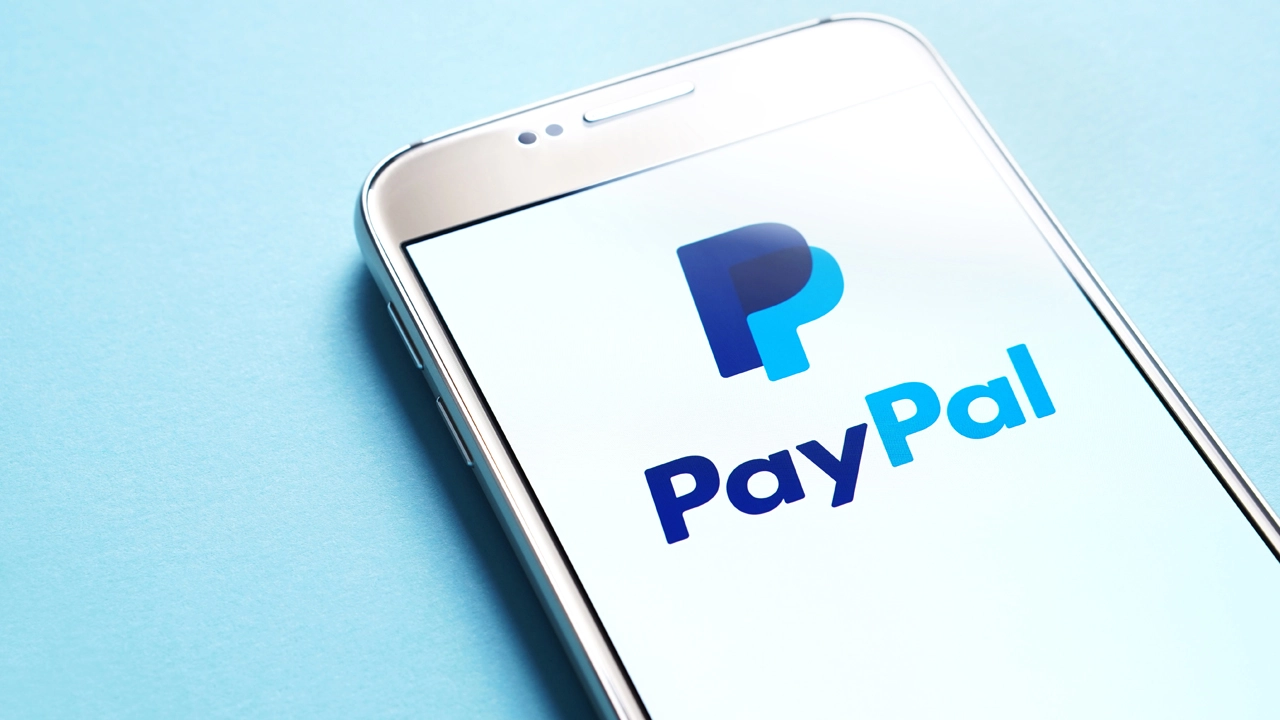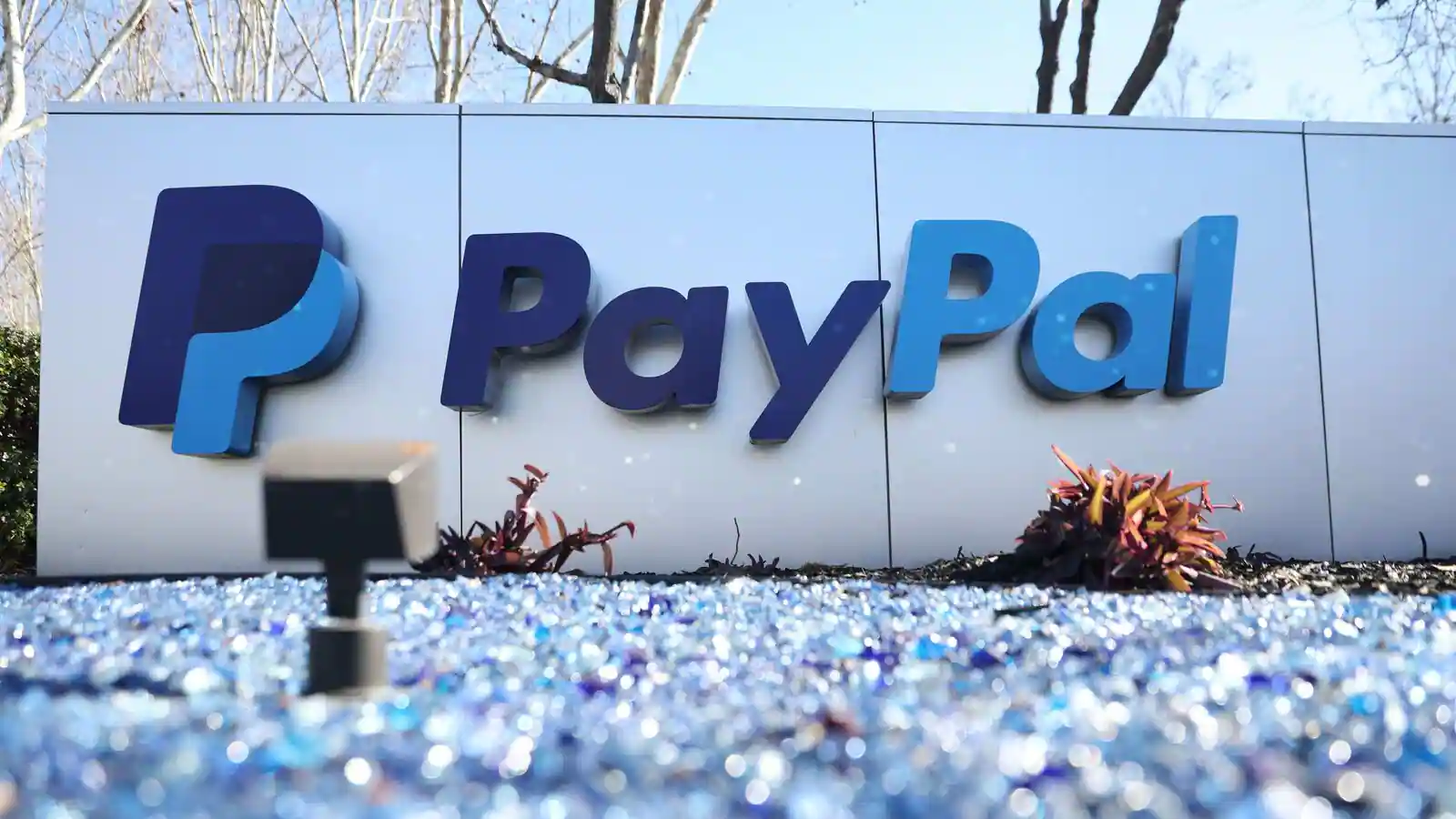PayPal Holdings, Inc. is an American multinational fintech company that runs an online payment system in most nations that accept online money transfers as an electronic replacement for traditional paper methods, including checks and money orders. In December 1998, Luke Nosek, Max Levchin, and Peter Thiel founded Confinity, a business that created security software for portable electronic devices. But after failing with that commercial strategy, it shifted its attention to a wallet app. For a charge, the company handles payments for online merchants, auction sites, and a number of other business users.
Last week, according to a number of media sources, PayPal released a policy update that forbade users of its services from engaging in actions it described as the sending, publishing, or dissemination of any messages, information, or resources that promote false information.
David Marcus, the former CEO of PayPal, criticized the new policy in a tweet on Saturday, writing that it runs against everything I believe in. He further added that now, regardless of what you say, a private company has the power to decide whether to withdraw your assets. Insanity, to which Elon Musk, the billionaire CEO of Tesla and PayPal co-founder, tweeted, “Agreed.”
PayPal New Policy
PayPal is stepping up its efforts to combat false information. According to reports, the new policy, which stated that users could be required to pay damages of $2,500 for each breach, was set to take effect on November 3. The payment giant PayPal recently amended its acceptable use policy, allowing it to remove thousands of dollars from the banks of customers who disseminate “misinformation.”
PayPal isn’t sorry, they’re just mad they got caught.
— Kevin Sorbo (@ksorbs) October 9, 2022
If PayPal finds anything you’ve stated to be problematic, including “misinformation” or “discrimination” against groups or people based on gender identity, the updated policy will apply to activities made through PayPal’s platform.
Over the weekend, following the discovery of the change to the policy on acceptable use (AUP), the phrase “BoycottPayPal” began trending on Twitter. Additionally, searches for “how to cancel PayPal” and “cancel PayPal account,” as well as “delete PayPal account” and “how do I deactivate a PayPal account,” were still popular on Google on Monday morning.
PayPal Backs Down After Social Media Backlash
Both crypto and non-crypto observers have been discussing the matter on Twitter like wildfire, and some have done so even after the retraction. In a letter to PayPal, Canadian attorney David Anber warned that the company has 30 days to explicitly abandon this odious policy, or he and millions of others will permanently terminate their accounts. PayPal is not entitled to your client’s money because of its arbitrary beliefs in “misinformation” or “discrimination.”
It’s hard for me to openly criticize a company I used to love and gave so much to. But @PayPal’s new AUP goes against everything I believe in. A private company now gets to decide to take your money if you say something they disagree with. Insanity. https://t.co/Gzf8faChUb
— David Marcus (@davidmarcus) October 8, 2022
PayPal has reversed course on its new rule. The business makes a 180-degree turn and changes course, claiming that the letter was sent “in error” and that it will no longer collect payments from its clients for spreading “misinformation.” On Monday, PayPal Holdings Inc (PYPL.O) announced that it will not penalize users for receiving false information and that an earlier policy update stating that users would be required to pay $2,500 in penalties was sent incorrectly.
Conservative politicians and social media figures also leaped on the PayPal controversy, urging people to terminate their PayPal accounts. Tim Scott, a Republican senator from South Carolina, had previously stated that his office would look into the policy’s constitutionality and take whatever actions were required to stop this type of “business activism” prior to the company’s announcement.
After the update, which PayPal claimed contained inaccurate information, provoked a significant response on social media over the weekend, shares of the San Jose, California-based corporation were down close to 6%.
According to a business spokeswoman, PayPal does not penalize users for providing false information, and this statement was never meant to be included in our policy. They apologize for the mistake this has brought about. For a very long time, Paypal has been accused of censoring and of taking sides based on its own arbitrary assessments and, of course, government directives. Paypal announced a partnership with the Anti-Defamation League (ADL) at the end of July of last year and stated it intended to investigate money transactions that supported extremist and antigovernmental organizations.





